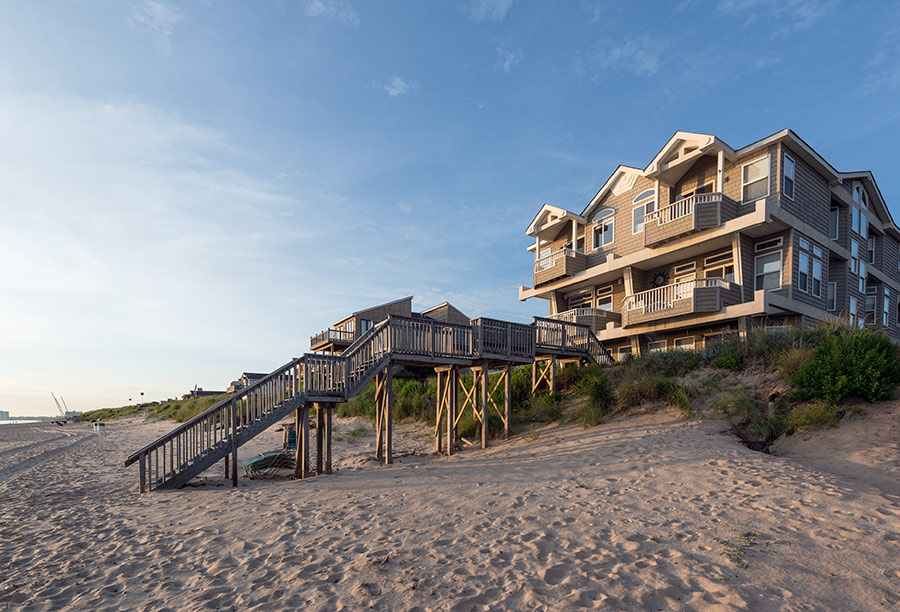
Vacation homes present special risks.
Like any residence, your vacation home needs to be insured —but because the risks are different, the coverage might cost more than your primary homeowners policy.
Second homes provide a respite from weekday life, and may even be a good investment. They also, however, present more of an insurance risk than your primary residence—the fact that you don’t not physically occupy your second home as frequently puts it in more danger for theft, vandalism and easily undetected damage, like burst water pipes.
Key factors that impact vacation home insurance costs
While the homeowner policy for your second home will provide the same types of coverage as your primary home insurance policy, the following factors will likely impact your insurance costs:
Location is always a factor in homeowners insurance costs—for example, you need additional insurance if your dwelling is in a flood- or earthquake-prone area. With vacation homes the very location that makes a place desirable may also make it more expensive to insure. For instance, a ski house or hunting lodge in a remote or mountainous area could be at greater risk for damage due to wildfire. A beach house may be more exposed to wind damage or storm surge from a hurricane. These location-based risks will impact the price of coverage, and in some cases may even incur higher deductibles.
Type of property. As with any house, the age and type of building materials used in a vacation home will impact the cost of insurance. Is it a single-occupancy house, a condominium or a townhouse. A condo in a ski resort area may have lower insurance costs than a stand-alone chalet, because a homeowners association maintains the property and may provide some security.
Amenities. Though wonderful for relaxation, pools and hot tubs add risk to your second home. If your vacation residence is equipped with these or other special amenities, you may pay a higher insurance premium and you should also consider additional liability protection, which will increase insurance costs, as well.
Ways to save on second home insurance costs
There are steps that you can take to help make the cost of insurance more affordable.
- Choose a location with less risk — A home further from the beach won't be as susceptible to high winds or storm surges, for instance.
- Bundle your policies — If you insure your second home with the same insurer that provides coverage for your primary residence, you may be able to save on premiums.
- Install an alarm system — A centrally monitored alarm system that detects both fire and break-ins can help lower the cost of insurance.
If you plan to rent your vacation home to others, your homeowners insurance costs will likely increase, and you may need to purchase additional coverage.
Because renting your second home entails additional, more complex risks, it’s a good idea to consult with your insurance professional and learn more about coverage for renting out your home to others.
For more information on insuring a vacation rental home, contact Lallis & Higgins Insurance.
source: iii.org

